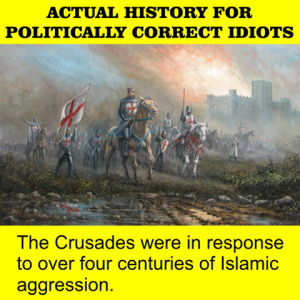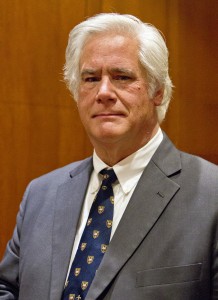Anthony Daniels
R. S. Thomas, the Welsh poet, was curmudgeonly by nature and when he saw how the Czechs used their freedom after the destruction of the Berlin Wall he was appalled, all the more so as he had detested communism. The first fruits of their freedom were precisely the things in modernity that he most disliked or despised, such as a vulgar consumerism and a militant licentiousness. In the same vein, Generalissimo Franco told General Walters that after his death there would be everything in Spain that they (the Americans) liked: democracy, pornography, etc.
Conservatives are attached both to freedom and to the preservation of a cultured tradition. There sometimes seems to be a conflict between the two, in so far as the exercise of freedom results in the destruction of a cultured tradition. In this respect, some socialists have been more conservative than some conservatives: Their ideal was the extension of the appreciation and availability of the best of civilization to those who previously had little access to it, rather than the radical destruction of that civilization that now seems to be the main aim of radicals—a destruction that market forces alone also successfully effect.


